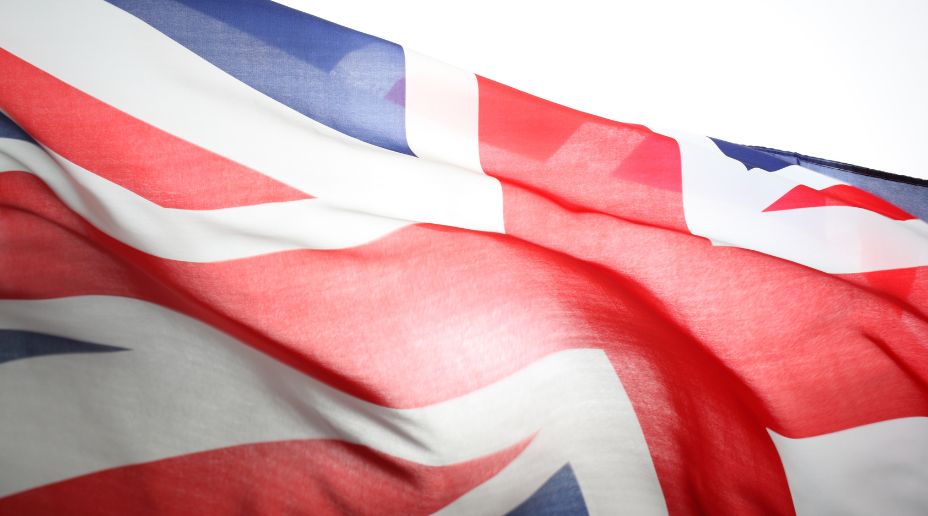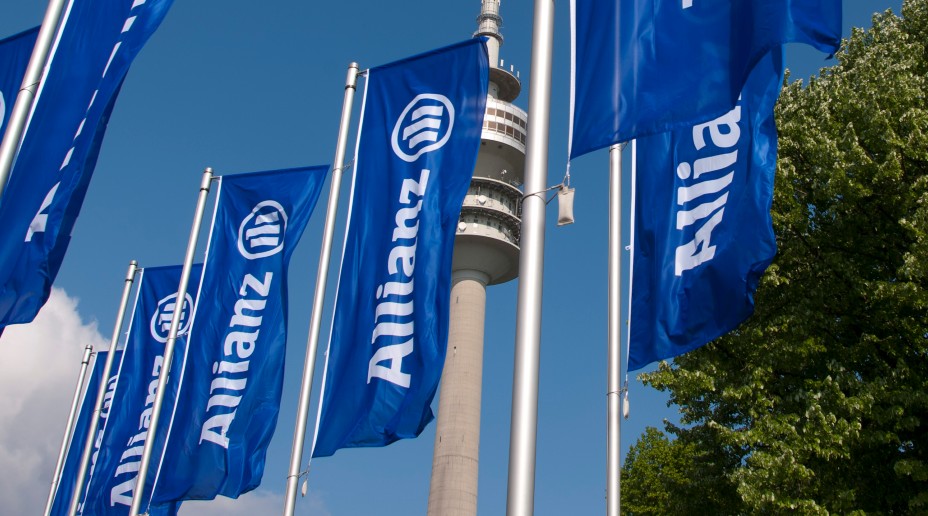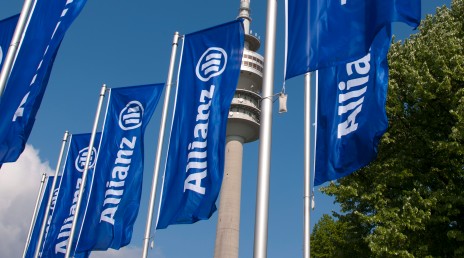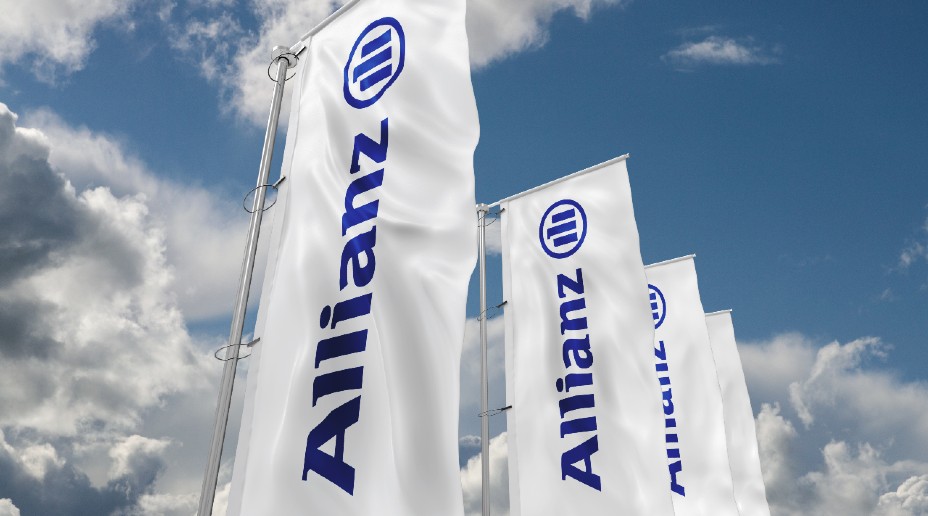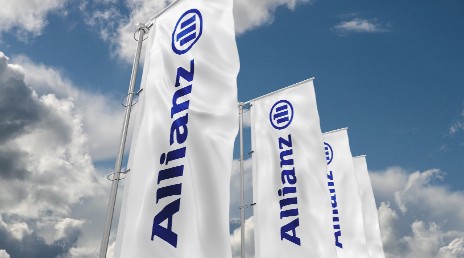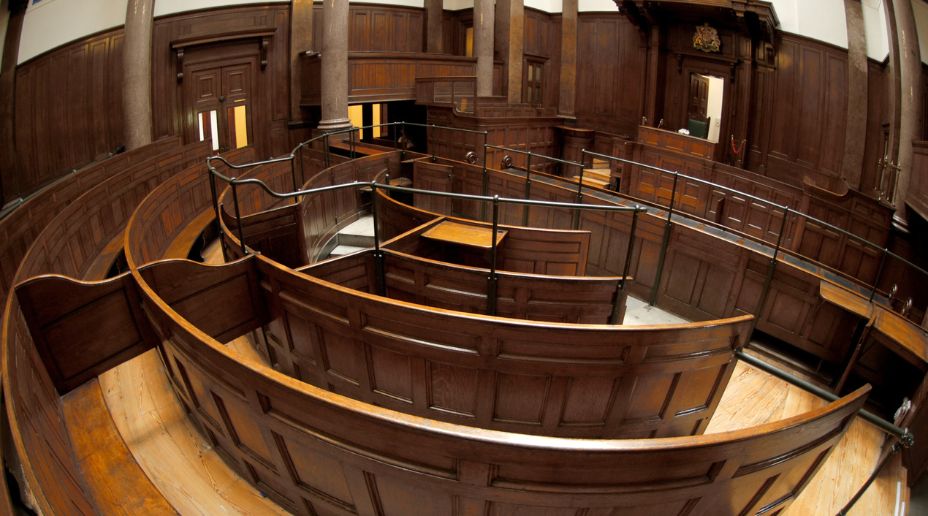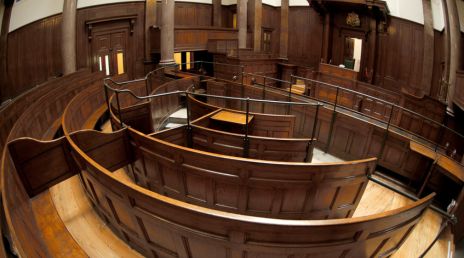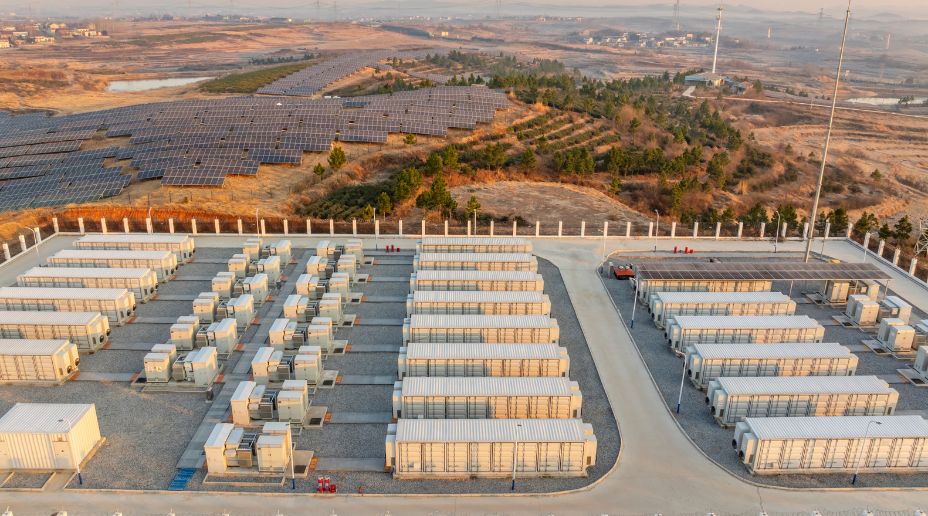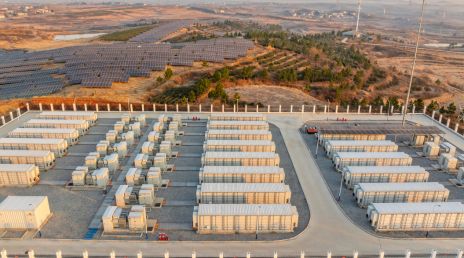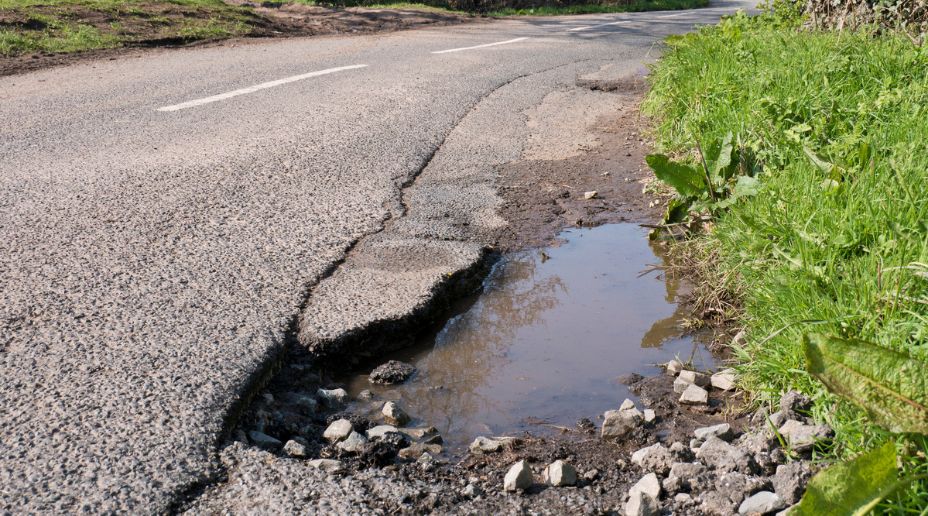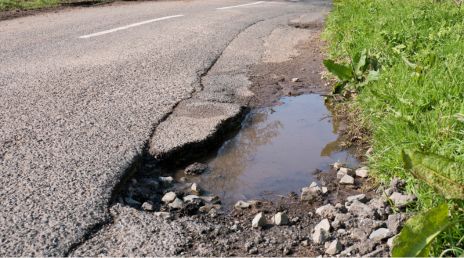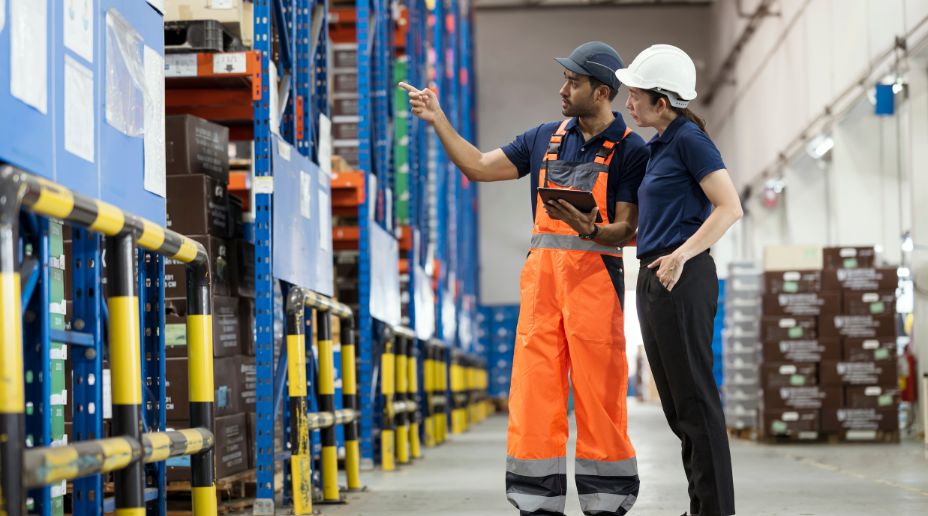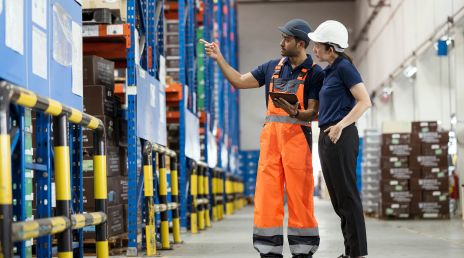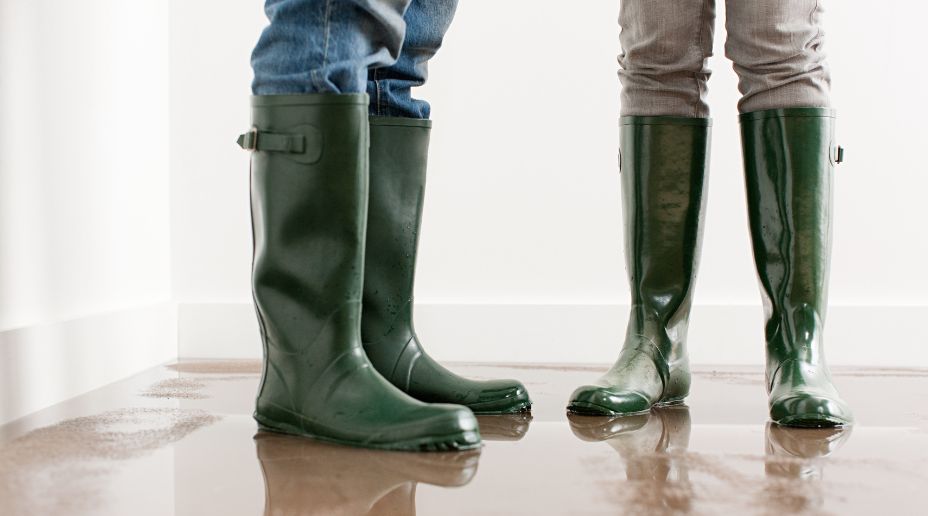The UK (and wider world) is currently facing times of enormous uncertainty and instability due to a number of socio-economic factors. At the time of writing, Covid-19 (Coronavirus) continues to cause anxiety and disruption.
Potential risks
Incidence of theft tends to increase, including physical items (cash, cars, tools) and online identity theft and fraud. Construction sites can be targeted, with large items of construction plant acting as a lucrative lure for criminals.
Further, with many commercial properties vacant, there can be increased risk of escape of water (EOW), especially as we move into the winter months. This is partly because water systems are more susceptible to freezing, but this can be exacerbated where leaking water systems are left running for long periods without the property owner’s knowledge, thereby driving up the cost of a claim.
Vacant premises may also face an increased risk of vandalism, malicious damage and fire or arson; additionally, they may be used as a base for illegal activities or become occupied by squatters.
Vacant premises may also face an increased risk of vandalism, malicious damage and fire or arson.
The need for risk management
Paradoxically, at a time when risk management is most needed, some organisations de-prioritise it due to financial pressures. Businesses might look to save costs by removing those roles perceived as ‘non-profit’, such as risk/ health and safety managers, or making cuts to training programmes. This can prove a false economy and lead to greater damage and business disruption further down the line.
Fairly simple security measures can help reduce the risk of break-ins and theft, such as CCTV, intruder alarms and the use of locks (including padlocks) to gates, shutters and external doors.
To reduce the risk of EOW damage, water leak sensors and gadgets can assist with this but there are other methods to reduce the likelihood of EOW, which are discussed in the next article.
Summary





